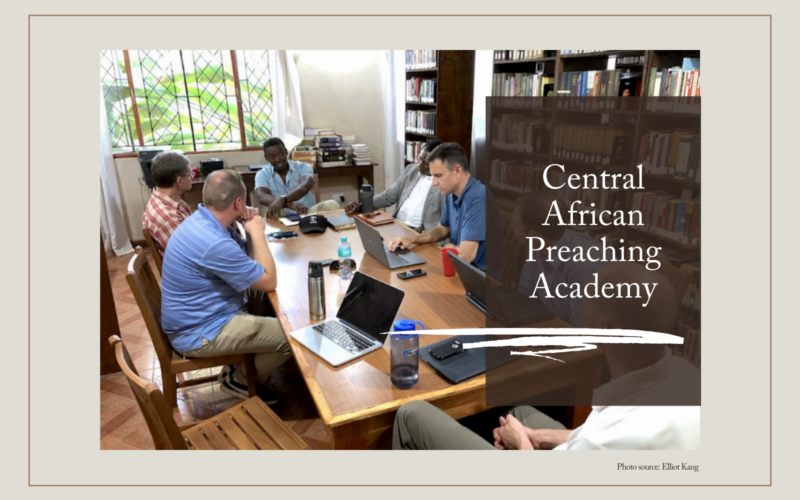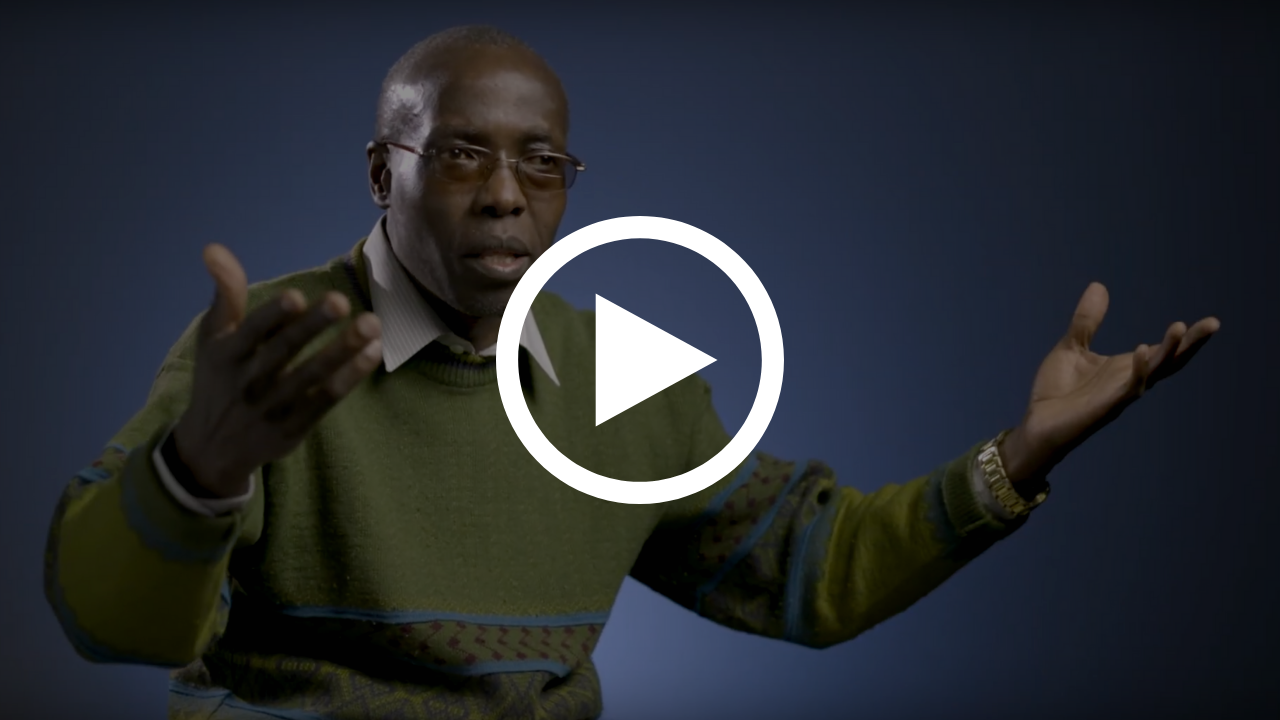What sets The Master’s Academy International apart? We think there are at least six elements that make this ministry model distinct. This time, we’re talking about distinctive #4: Indigenous church leaders’ unique potential for impact.
* * *
Fulfilling the Great Commission would be impossible apart from the work of faithful missionaries—those who obediently, sacrificially leave their own land to bring the good news of Jesus Christ to another. But, when you have the opportunity, equipping a biblically qualified, indigenous church leader for ministry can sometimes be more strategic than sending a foreign missionary. When indigenous church leaders proclaim, obey, and trust the Word of God, it demonstrates the power of the Holy Spirit in a way that’s not easily dismissed by cultural prejudices. Rather than countless hours spent mastering the local language, the indigenous pastor is already fluent in the language of the people he’ll be ministering to. Instead of stumbling through one cultural faux pas after another, he already knows all the local customs—and their spiritual significance. When a godly, well-trained pastor faces no cultural or language barriers, he’s free to pour his efforts directly into teaching and shepherding, and he’s often better equipped than a foreigner to accurately communicate the Word of God to his flock.
That’s true in virtually any ministry context. And it certainly has implications for the Central African Preaching Academy (CAPA) in Malawi.
Last year, the school celebrated its fifth year of ministry. The leadership of the school marked the anniversary by reflecting on what they’ve learned—and planning for the next five years. As they talked about the school’s strengths and weaknesses, the team realized how much they were benefiting from having two Malawians on faculty: Gideon and Ernest. (Ernest actually graduated from CAPA before coming onboard as a professor.) Those two godly men bring cultural insights that have proved invaluable as CAPA plans for future ministry in Malawi.
But beyond cultural insights, there’s another reason indigenous leadership is so impactful—particularly in other regions of Africa. In certain parts of the continent, Christianity is viewed as a “white man’s religion.” Even expository Bible preaching is often seen as an export from the United States, something not applicable in Africa. Andrew Isiaho, professor at Christ Seminary in Polokwane, South Africa, explains it like this:
As Professor Isiaho explains, when indigenous church leaders proclaim, obey, and trust the Word of God, it demonstrates the power of the Holy Spirit in a way that’s not easily dismissed by cultural prejudices. TMAI’s students in South Africa understand that biblical, gospel preaching isn’t just a “white man’s religion” or some American export; it is the power of God for salvation to everyone who believes (Romans 1:16). As indigenous pastors, TMAI graduates are uniquely equipped to confront such stumbling blocks and misconceptions. And by God’s grace, their ministries are having an eternal impact as they boldly proclaim the unchanging truth of God’s Word—in their own language, to people in their own culture.
* * *
If this approach to fulfilling our Lord’s commission to “make disciples of all nations” resonates with you, we’d invite you to pray about how you might partner with The Master’s Academy International. Whether by interceding for these indigenous church leaders in prayer, giving financially to provide biblical education to pastors-in-training around the world, or even getting your entire church involved, you have the opportunity to make an enduring, kingdom impact.


